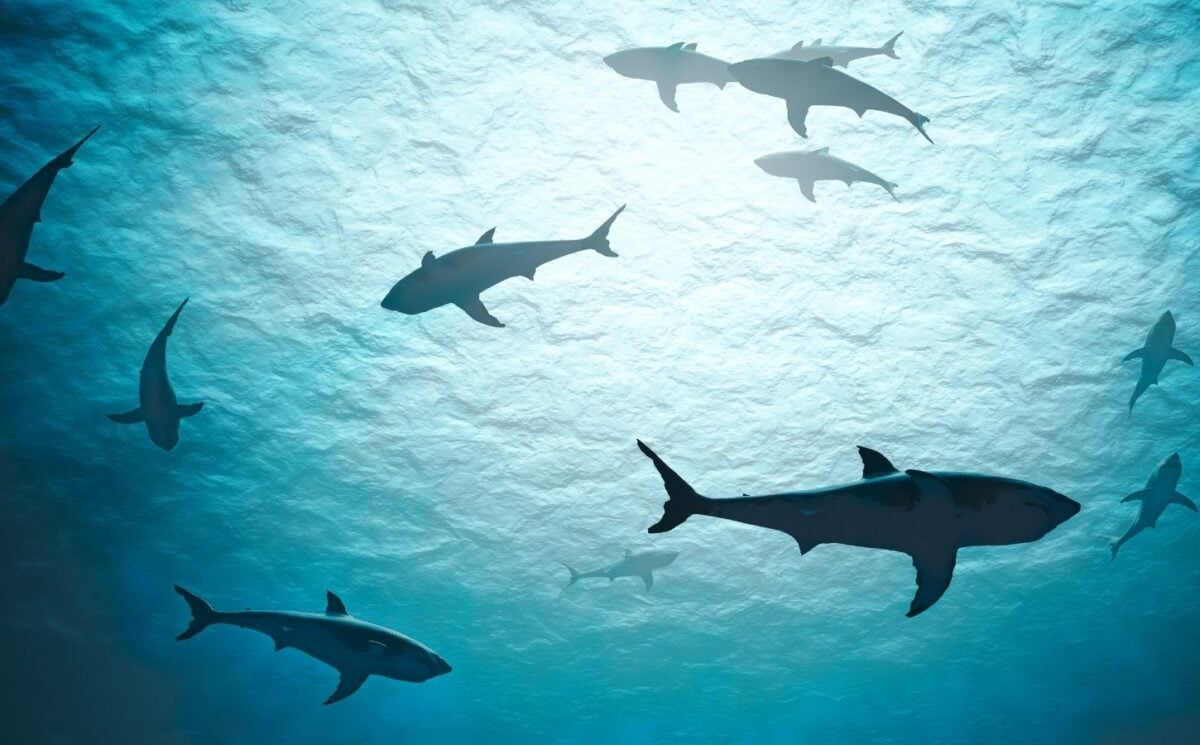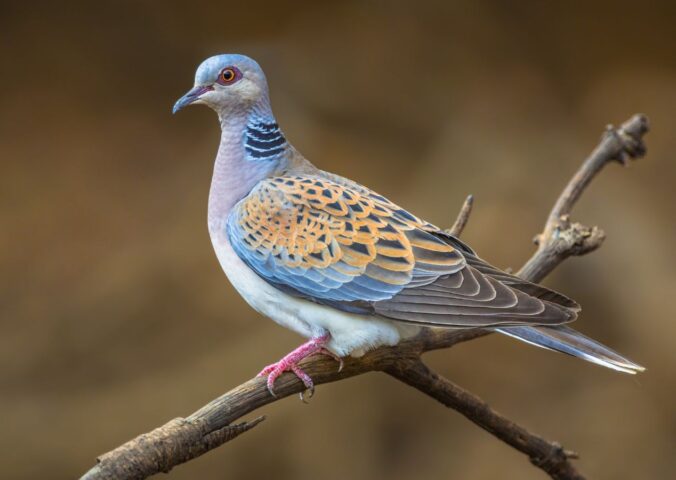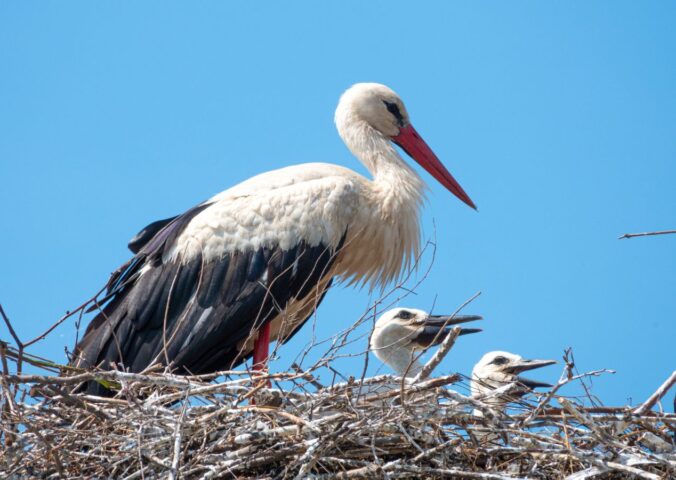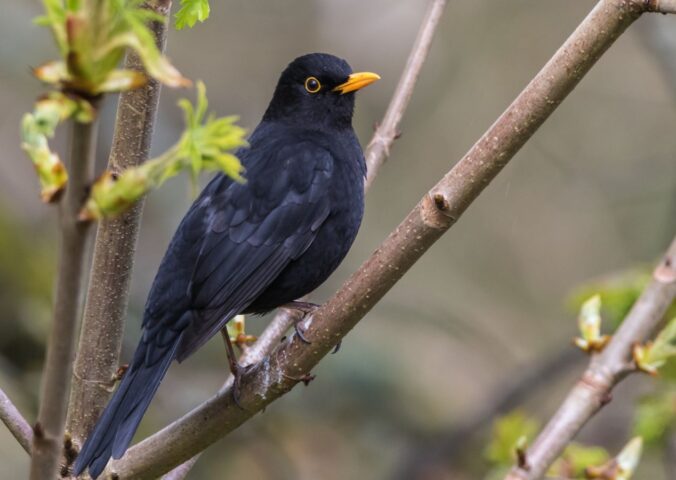Endangered sharks are being killed and sold for food to unsuspecting consumers, researchers have said.
A new study has estimated that shark fishing mortality rose to 80 million from 2012 to 2019. Of these, 25 million were from species already threatened with extinction.
The figures are probably an underestimate, the researchers cautioned, due to country-level underreporting. The true figure could be as high as 101 million, according to the study.
As a result, people eating fishes* may be unknowingly eating sharks, the researchers revealed.
Endangered sharks killed for food
Since sharks have been recognized as endangered, governments and international bodies have passed laws to protect them. In particular, efforts have been made to reduce the trade in shark fins. Nearly 70 percent of maritime jurisdictions have introduced some form of legislation to protect sharks from fishing.
The crackdown on shark fins has incentivized the fishing industry to seek alternative means to sell sharks, the researchers said, leading to a boom in demand for shark meat. This means that shark fin legislation has not led to reduced mortality. According to study co-author Darcy Bradley: “If anything, [mortality is] slightly increasing.”
To investigate the number of sharks killed for food, the researchers – from Dalhousie University, Canada – tracked 1.1 billion sharks across 150 fishing countries between 2012 and 2019.
They found that fishing-related shark deaths had climbed to more than 100 million per year by 2019.
UK consumers are eating sharks
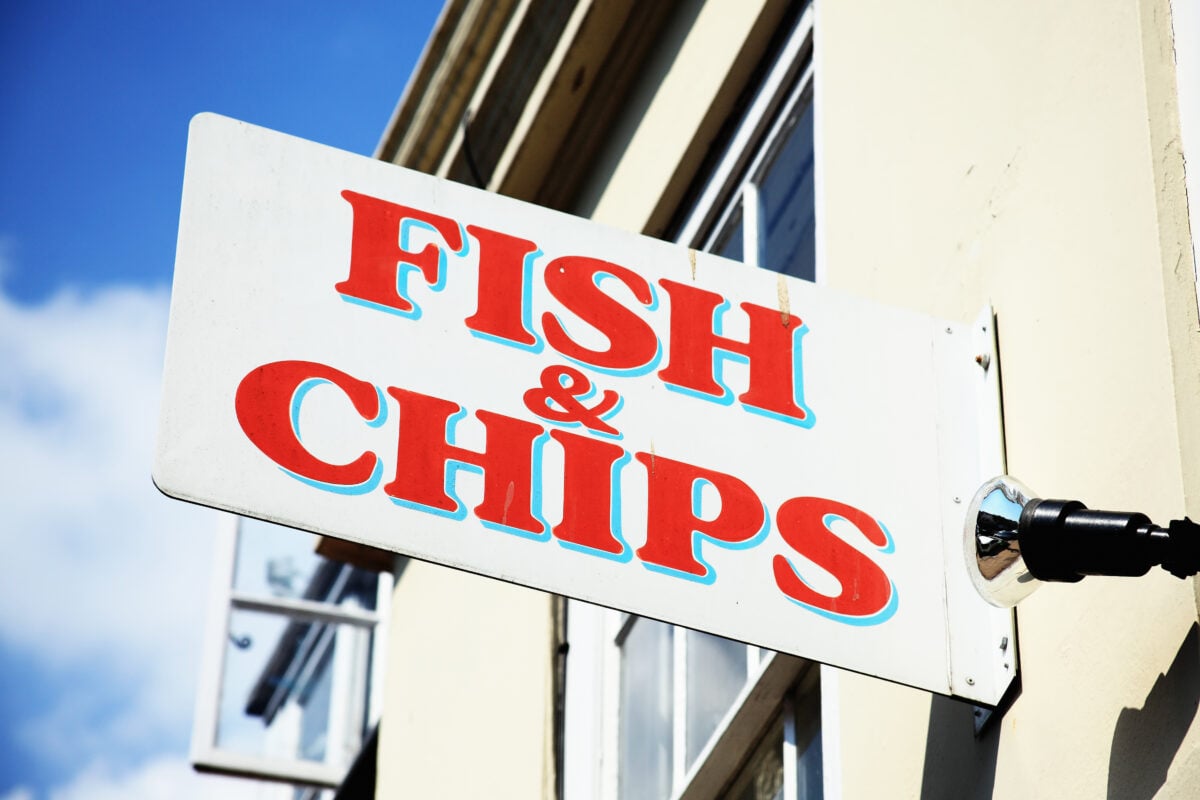
The scientists say that sharks are frequently sold as unlabelled “mystery meat” in restaurants around the world. Speaking to The Times, study co-author Laurenne Schiller, a marine conservation scientist, said: “Sharks are part of a global supply chain. There are countries all over the world that are consuming shark meat and sometimes not even knowing it.”
In the UK, fish and chip shops have been known to sell sharks. This was reported in 2019 when DNA tests revealed that 90 percent of huss, rock eel, flake, and rock salmon were in fact spiny dogfish – an endangered shark that cannot be legally caught in European waters.
The new research adds further evidence to the growing concern for shark populations around the world.
Sharks at risk from finning and fishing
Measures to protect sharks have mainly focused on curbing “finning”. This involves fishers cutting the fins from live sharks before throwing them back in the water to drown or die of starvation.
The practice is now illegal in Europe but studies have shown that EU countries make up half of the Asian shark fin trade.
Finning has pushed some shark species to the brink of extinction. However, the new study shows that fishing is a major contributor to the number of sharks killed each year.
Eating fishes kills all fishes
“Bycatch” is another major concern with the fishing industry. Trawling is the process of dragging a large net through the water or along the seabed. Inevitably, trawling results in catching unwanted species, including sharks.
Only plant-based fish and vegan seafood can guarantee the safety of all fishes.
While the English language usually refers to multiple fishes as “fish”, we use “fishes” to emphasize that they are individuals.
